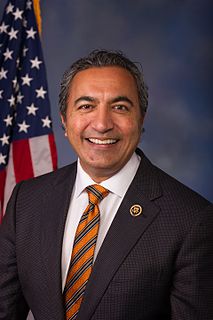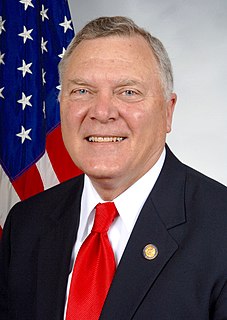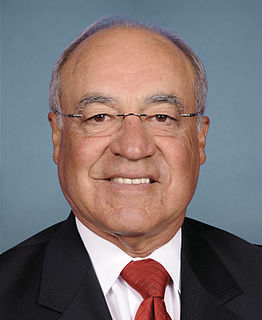A Quote by Paul Ryan
There's no reason that patients can't have electronic access to their complete medical history... Just as people can check their bank account information online or using their ATM card, patients who want to should have electronic access to their medical records.
Related Quotes
On the information technology side, health care is still behind other industries. There needs to be a real push to create better electronic health records, more inter-operability amongst various types of electronic systems and cybersecurity is becoming a huge deal in in health care. Health care records are highly sought after by virtue of the fact that not only do you have somebody's person financial information, you also have their person medical information.
Electronic medical records are, in a lot of ways, I think the aspect of technology that is going to revolutionize the way we deliver care. And it's not just that we will be able to collect information, it's that everyone involved in the healthcare enterprise will be able to use that information more effectively.
It may be true that encryption makes certain investigations of crime more difficult. It can close down certain investigative techniques or make it harder to get access to certain kinds of electronic evidence. But it also prevents crime by making our computers, our infrastructure, our medical records, our financial records, more robust against criminals. It prevents crime.
We see it in attempts on Capitol Hill to impose gag rules on rules on doctors on what they can say to their patients about family planning. And we certainly see it now with an effort by the government to tap our phones; invade our medical records, credit information, library records and the most sensitive personal information in the name of national security.
Vague promises of savings from cutting waste, enhancing prevention and wellness, installing electronic medical records and improving quality are merely ‘lipstick’ cost control, more for show and public relations than for true change... Savings will require changing how doctors think about their patients: Doctors take the Hippocratic Oath too seriously, “as an imperative to do everything for the patient regardless of the cost or effects on others.


































